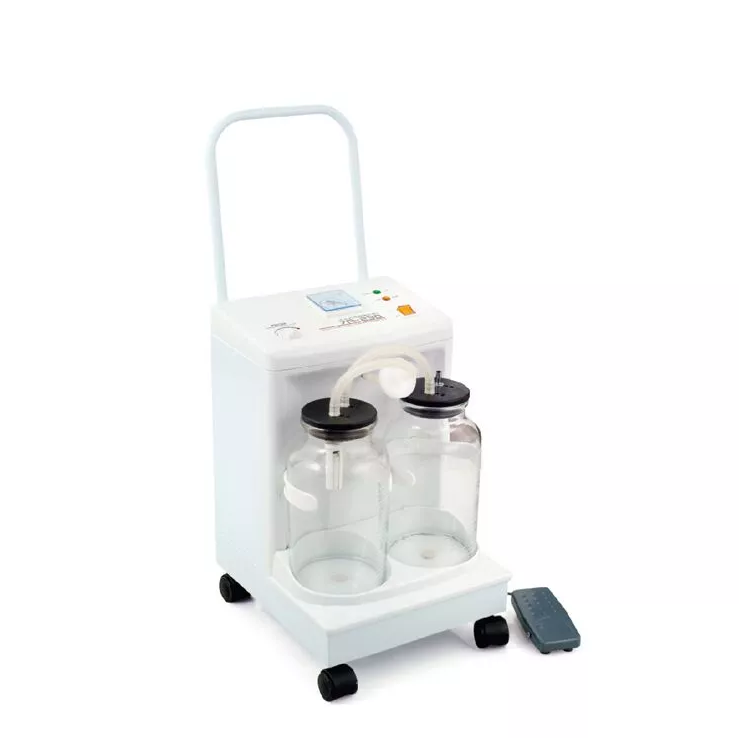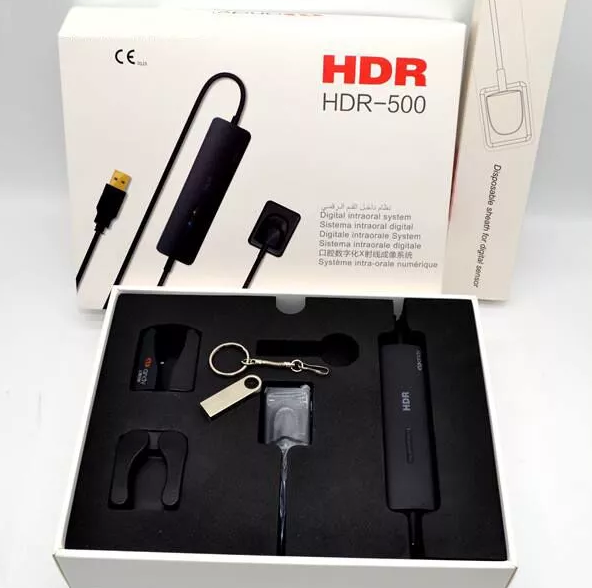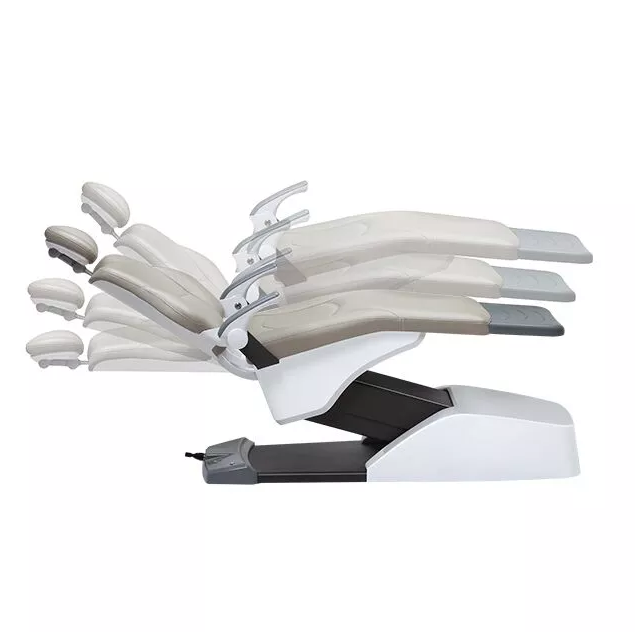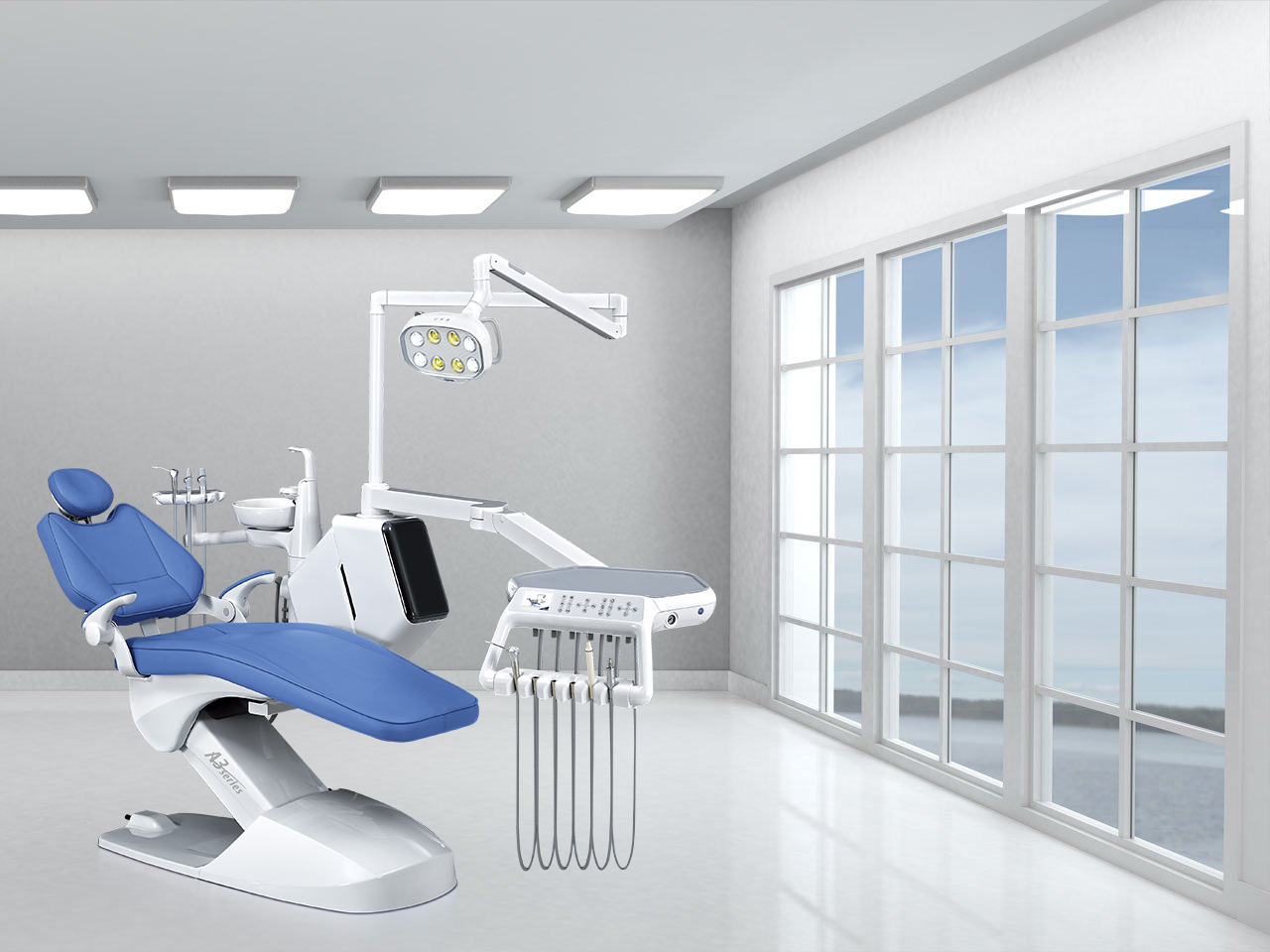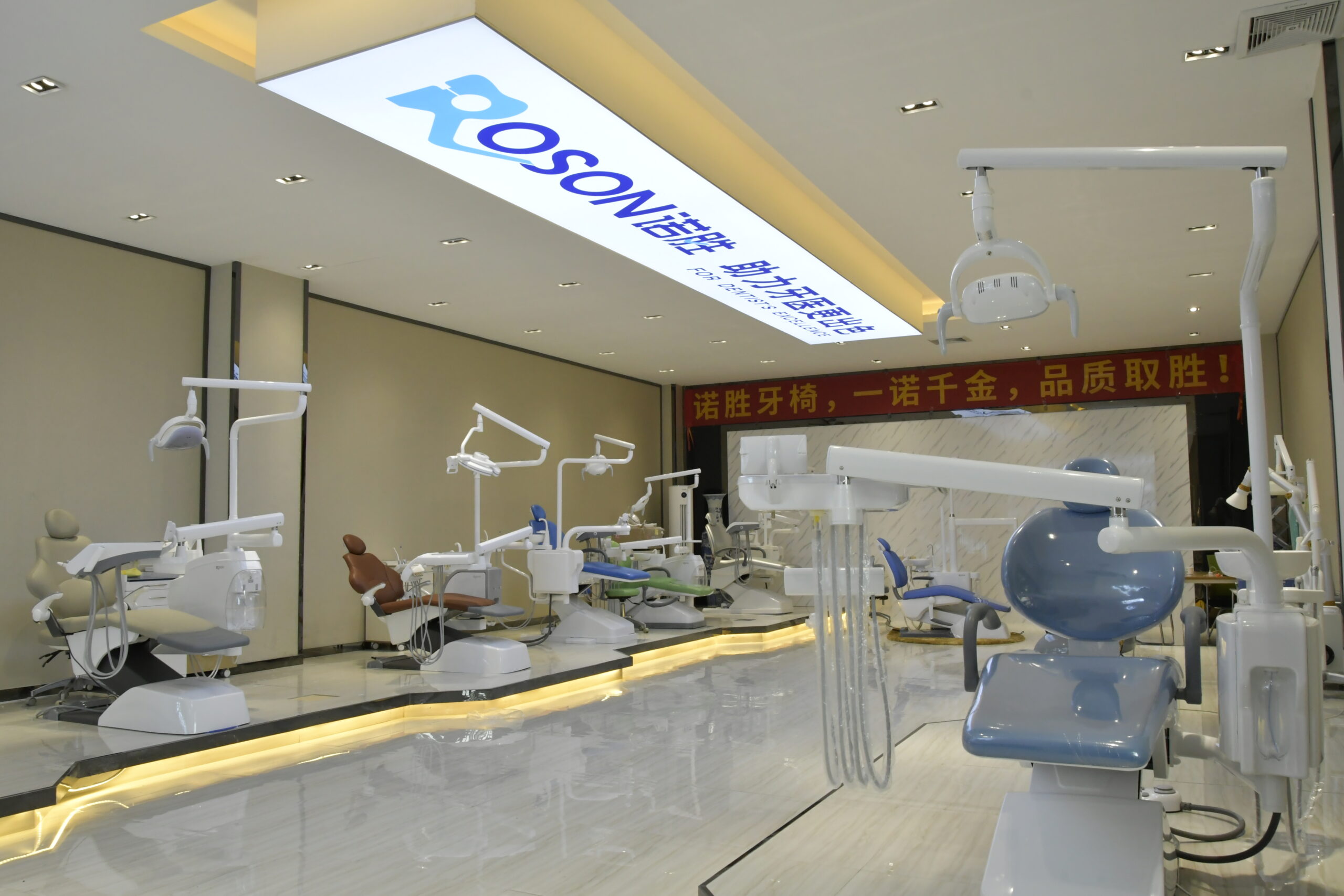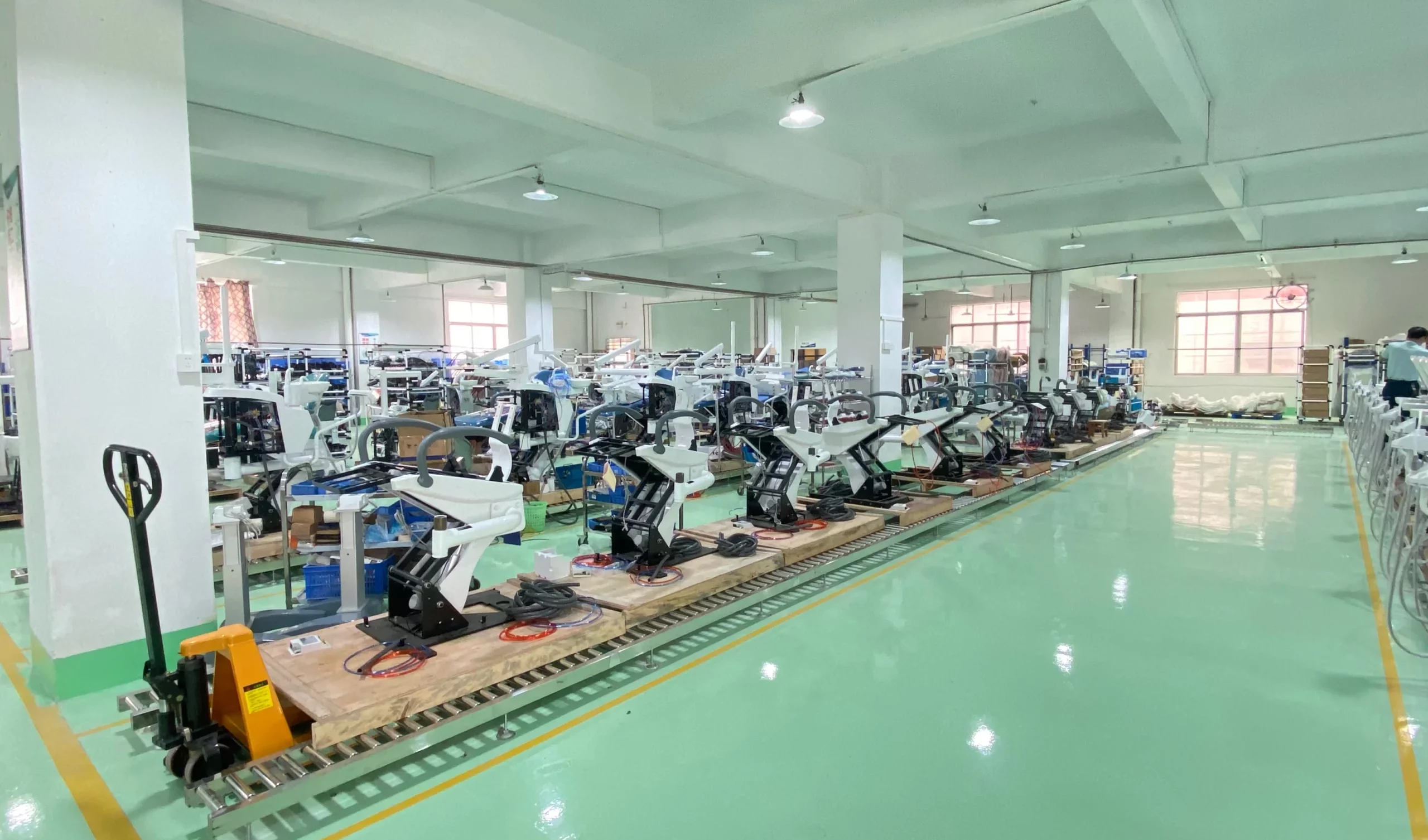In the realm of healthcare, accessibility remains a key concern, and dental care is no exception. Limited access to dental services, especially in rural or underserved areas, has been a longstanding issue. In recent years, the introduction of dental mobile units has sparked interest as a potential solution to bridge this gap. Let’s explore what a dental mobile unit is, the benefits it brings to the table, and its various applications.
What is a Dental Mobile Unit?
A dental mobile unit is a specially designed facility on wheels, equipped to provide a range of dental services outside of traditional clinical settings. These units typically house state-of-the-art dental equipment and are staffed by qualified dental professionals. The primary goal is to bring dental care to populations that face challenges in accessing conventional dental clinics.
ROSON, a leading manufacturer in the field, has been at the forefront of producing innovative and efficient dental mobile units. These units are designed to be compact, yet fully functional, allowing dental professionals to deliver quality care on the go.
Benefits of Dental Mobile Unit:
1. Enhanced Accessibility:
Dental mobile units address the issue of limited access to dental care by bringing services directly to the communities that need them the most. This is particularly crucial in rural areas where the nearest dental clinic may be miles away.
2. Cost-Effective Solutions:
Setting up a permanent dental clinic involves significant costs and resources. Dental mobile units offer a cost-effective alternative, allowing healthcare providers to reach remote areas without the burden of establishing a fixed infrastructure.
3. Flexible Outreach:
These units are inherently flexible, making them suitable for various outreach programs. Whether deployed for school-based dental check-ups, community events, or disaster relief efforts, dental mobile units can adapt to diverse environments.
4. Preventive Care Initiatives:
Dental mobile units play a vital role in preventive care. They enable dental professionals to conduct screenings, oral health education programs, and basic dental procedures, preventing potential issues from escalating.

Applications of Dental Mobile Unit:
1. Rural Healthcare:
The most apparent application is in rural healthcare settings. Dental mobile units can navigate challenging terrains to reach remote areas, ensuring that residents have access to essential dental services.
2. School-Based Programs:
Deploying dental mobile units for school-based programs is an effective way to address oral health among children. Regular check-ups and preventive care can contribute to overall improved oral hygiene.
3. Emergency Response:
During emergencies such as natural disasters or pandemics, dental care often takes a back seat. Dental mobile units, designed for rapid deployment, can play a crucial role in providing emergency dental services in affected areas.
4. Corporate Wellness Programs:
Companies looking to enhance their employee wellness programs can benefit from dental mobile units. On-site dental check-ups and services contribute to the overall health and well-being of the workforce.
How to Choose a Dental Mobile Unit:
1. Consider the Range of Services:
The first step in choosing a dental mobile unit is to assess the range of services it offers. Different units may cater to various dental procedures, from basic check-ups and preventive care to more complex treatments. Ensure that the chosen unit aligns with the intended scope of dental services.
2. Mobility and Accessibility:
One of the primary advantages of dental mobile units is their mobility. When selecting a unit, evaluate its design for easy navigation and accessibility. The ability to reach diverse locations, including rural and underserved areas, is crucial for maximizing the impact of dental outreach programs.
3. Quality of Equipment:
The effectiveness of a dental mobile unit relies heavily on the quality of the equipment it houses. Choose a unit that is equipped with state-of-the-art dental tools, ensuring that dental professionals can deliver high-quality care comparable to traditional clinic settings.
4. Customization Options:
Different communities and organizations have unique needs when it comes to dental care. Look for units that offer customization options to tailor the facility to specific requirements. ROSON, for instance, provides ODM (Original Design Manufacturing) and OEM (Original Equipment Manufacturing) services, allowing clients to customize their dental mobile units according to their preferences.
Dental Mobile Units: ODM/OEM Service by ROSON:
ROSON, a prominent manufacturer of dental mobile units, stands out by offering ODM/OEM services. This means that clients have the flexibility to either choose from existing designs (ODM) or collaborate with ROSON to create a unit that precisely meets their specifications (OEM).
1. ODM Services:
ROSON’s ODM services present clients with a range of pre-designed dental mobile units that have been meticulously crafted to meet industry standards. These units, backed by ROSON’s expertise, offer a quick and efficient solution for those seeking a ready-made solution for their dental outreach initiatives.
2. OEM Services:
For clients with specific requirements or unique preferences, ROSON’s OEM services provide an opportunity to design a custom dental mobile unit. This collaborative approach ensures that the unit aligns perfectly with the client’s vision and addresses the particular needs of the communities or organizations it aims to serve.
ROSON’s commitment to providing ODM/OEM services reflects its dedication to innovation and customer satisfaction. By offering flexibility in design and functionality, ROSON empowers clients to make a meaningful impact in expanding dental care accessibility.
ROSON: Pioneering Dental Mobile Unit Manufacturing:
ROSON has established itself as a leader in manufacturing dental mobile units. Their commitment to innovation and quality is evident in the design and functionality of their units. The compact yet fully equipped mobile units manufactured by ROSON are a testament to the company’s dedication to improving dental care accessibility.
By collaborating with dental professionals and understanding the unique challenges faced in different settings, ROSON has tailored their units to meet the diverse needs of communities and organizations seeking to enhance dental healthcare access.
Conclusion
In conclusion, dental mobile units, particularly those manufactured by industry leaders like ROSON, represent a promising solution to the persistent issue of limited dental access. These units not only overcome geographical barriers but also offer cost-effective and flexible ways to deliver essential dental services to communities in need. As the healthcare landscape continues to evolve, the role of dental mobile units in promoting oral health equity is likely to become increasingly significant.


